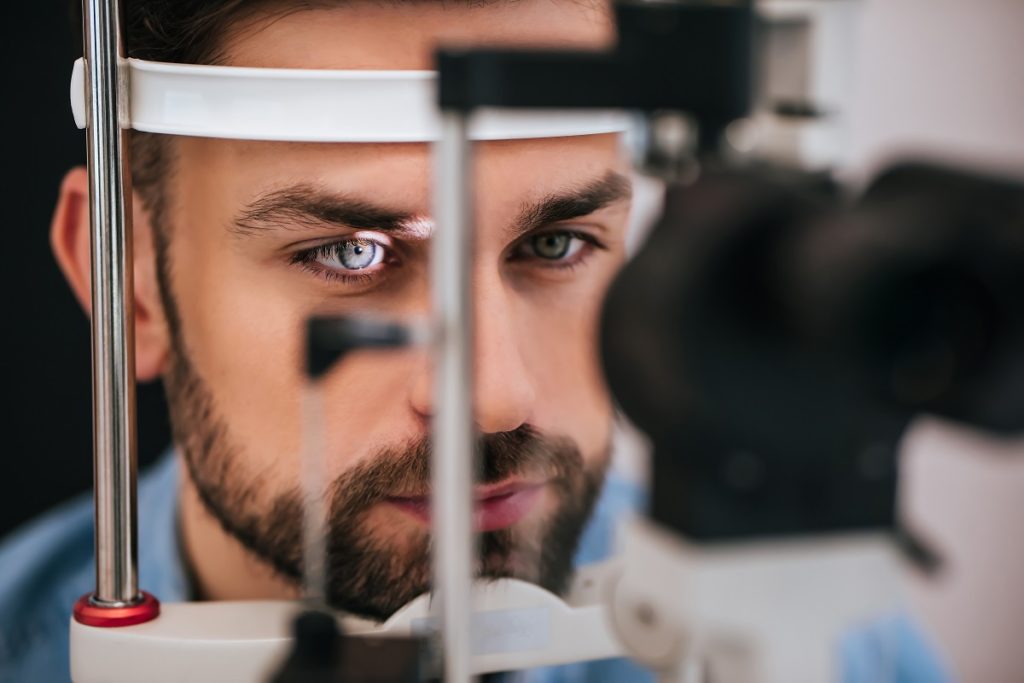Eye Health Myths You Should Totally Forget About

Knowing how to take proper care of our eyes is the first of many steps to make sure your eyesight is protected for a lifetime. In a world that is filled with myths and stories, it is sometimes hard to figure out what to believe. So, here are some of the most common myths about our vision and the truths behind them:
Myth # 1: Eating a lot of carrots can do wonders for your eyesight
Reality: Okay, to be fair, this one is not entirely false. Carrots are good for the eyes – yes, your mom was right. But they’re not the only ones that can do wonders to your vision. Carotenoids can also be found in other vegetables such as spinach, kale, as well as orange, red, and yellow peppers. Some examples of carotenoids include lycopene, beta-carotene, zeaxanthin, and lutein, among others. Not only are dietary carotenoids wonderful for the eyes, but they are also capable of reducing risks for certain types of cancers. Parsley and egg yolks are some of the sources of lutein and zeaxanthin, and they are related to lowering the risks for cataracts and other age-related macular degeneration.
Myth # 2: You don’t have to undergo regular eye exams unless you have obvious eye problems

Reality: A lot of serious conditions related to our vision don’t cause any symptoms, so it’s important to have routine eye exams. Because the symptoms aren’t always noticeable, the only way to find out if there’s an issue with your vision is through an eye exam. So, make sure to visit your ophthalmologist once every two years to get your vision checked. Vision problems such as glaucoma usually develop once a person hits the age of 40, and because these don’t have any symptoms, you’ll only find out about it once you already lose your vision. As you get older, it becomes even more important to do eye exams to prevent blindness. People aged 65 and above should increase their visits to the doctor for early diagnosis and treatment.
Myth # 3: Squinting constantly can cause damage to your vision
Reality: While squinting does not actually hurt your eyes, this could signal an underlying problem. It could be a sign that you need new visual impairment glasses or prescription. It could also be a sign that you have double vision. It’s common for children with this condition to squint to help improve their vision.
If you believe squinting helps you see better, ask your doctor if you can get distance glasses. It could also be a sign that there’s inflammation on your eye that leads to light sensitivity. Other than that, the only thing you need to worry about constant squinting is developing lines and wrinkles around your eyes. Crow’s feet might be sexy on people like Hugh Jackman, but if that’s not the look you want, time to get it fixed as soon as possible.
Know the Facts
You have just taken the first step towards taking better care of your eyes: doing your research. Knowing the facts behind the common myths will help you make better decisions when it comes to eye care. And remember, if you ever have any problems with your eyesight, it is best to consult your doctor instead of relying on myths.




